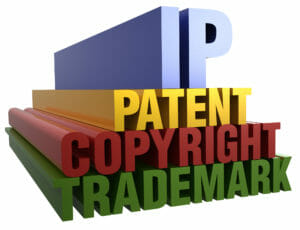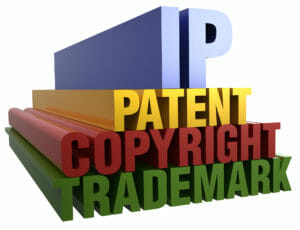
Our team’s focus has unexpectedly shifted over the last month or more to address the myriad issues our clients are now facing in light of the COVID-19 pandemic. The effects on both companies and employees are already being felt, and I would implore everyone to read my colleague Vince Sliwoski’s post on actionable steps to take now: Cannabis and Coronavirus: What Your Business Should Do Right Now.
As an intellectual property lawyer, I’ve already been thinking about the issues that will inevitably effect my clients, from force majeure clauses in their licensing agreements, to potential delays in processing applications with the USPTO and proceedings with the TTAB.
On March 16, the United States Patent and Trademark Office (USPTO) issued a statement regarding Relief Available to Patent and Trademark Applicants, Patentees and Trademark Owners Affected by the Coronavirus Outbreak. According to the statement, the USPTO “considers the effects of the Coronavirus outbreak that began in approximately January 2020 to be an “extraordinary situation” within the meaning of 37 CFR 1.183 and 37 CFR 2.146 for affected patent and trademark applicants, patentees, reexamination parties, and trademark owners.”
Although our firm does not do patent prosecution work, it is worth noting for those who own patents or have pending patent applications and were unable to reply before the deadline to an Office communication due to the effects of the coronavirus outbreak, resulting in abandonment of an application or prosecution termination, the USPTO will waive the petition fee for parties seeking to revive their application.
For those with active trademark applications and/or registrations that were abandoned or canceled/expired due to an inability to timely respond to a trademark-related Office communication as a result of the coronavirus outbreak, the USPTO will also waive the petition fee to revive abandoned applications or reinstate a canceled/expired registration. If you fall into this category, reach out to your trademark attorney as soon as possible to file a Petition to Revive Abandoned Application or a Petition to the Director, whichever is applicable, together with a statement explaining how the failure to respond was due to the effects of the coronavirus outbreak. Such a petition must be filed not later than two months of the issue date of the notice of abandonment or cancellation.
If you are unsure about the status of your trademark application or registration, it may be a good time to check in with your trademark attorney.
An on the subject of trademarks, if your cannabis business has entered into an IP licensing deal, now is also a good time to review that contract to determine whether it contains a force majeure or other similar provision that could affect your business, for better or for worse. Here is an example of such a clause, contained in a licensing deal I worked on:
Force Majeure. No failure or delay in performance under this Agreement due to a force majeure event (i.e., an earthquake, flood, fire, illness or other act of God), other than failure to make timely payments due under this Agreement, shall result in a breach of this Agreement. However, Licensor may terminate this Agreement by and upon notice to Licensee if Licensee is unable to perform any of its material obligations for a period of ninety (90) days by reason of the force majeure event.
In this case, the force majeure provision is extremely licensor-friendly. If you are a licensee subject to such a provision, you should evaluate how this provision could affect your business. For example, you would not be excused from making royalty payments under the contract, and if there are certain performance targets that you are unable to meet for a prolonged period of time, the licensor would have the ability to terminate your contract.
I cannot stress enough the importance of communication in times like this. If you anticipate problems or an inability to perform under your contract, reach out to your attorney and consider how to discuss your options with the other party. Forthright and constructive conversations can go a long way toward mitigating damages for both parties during unfortunate circumstances such as these.
The post Coronavirus, Cannabis and Intellectual Property: What You Need to Know appeared first on Harris Bricken.



